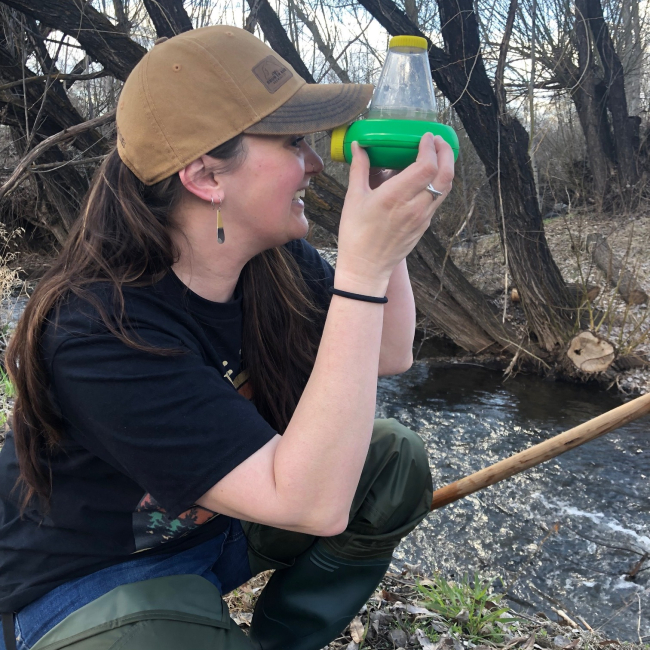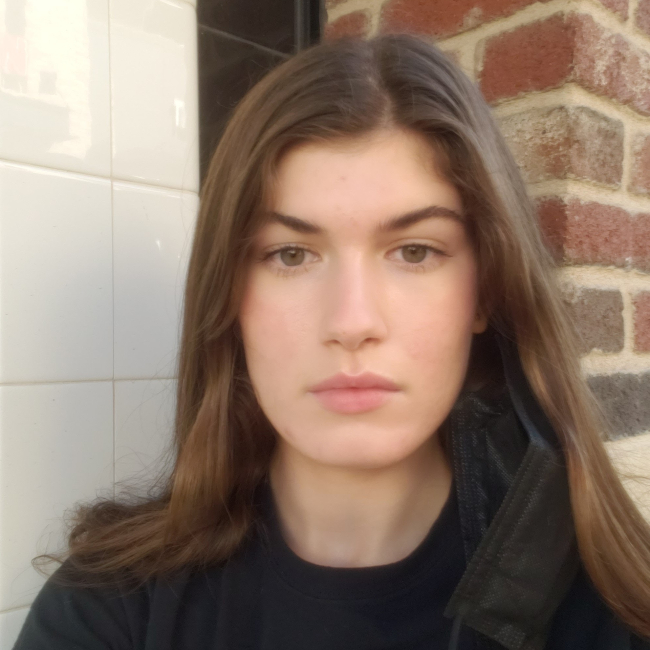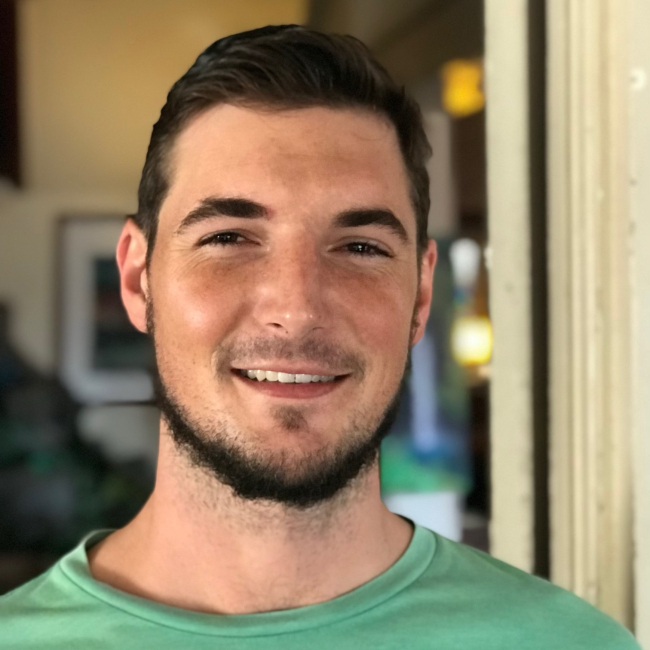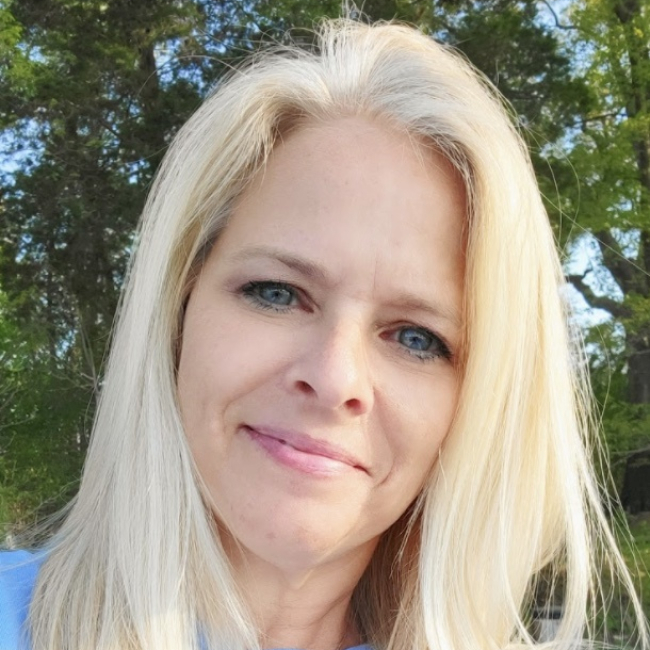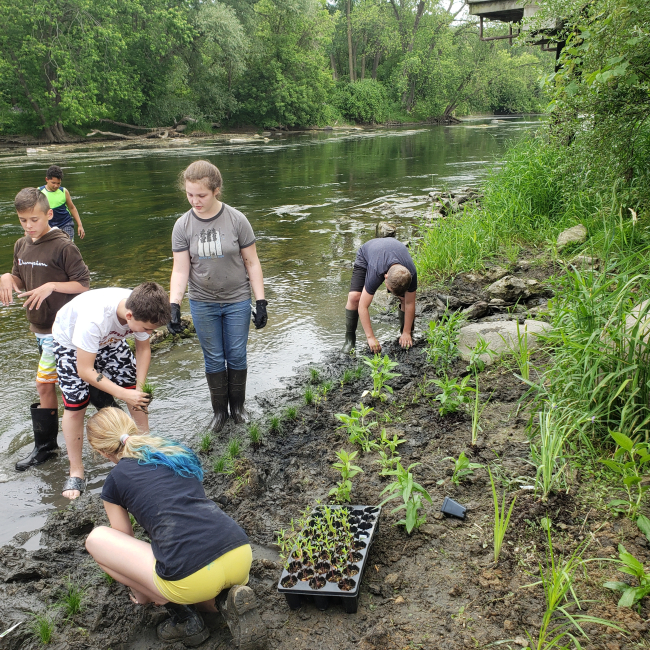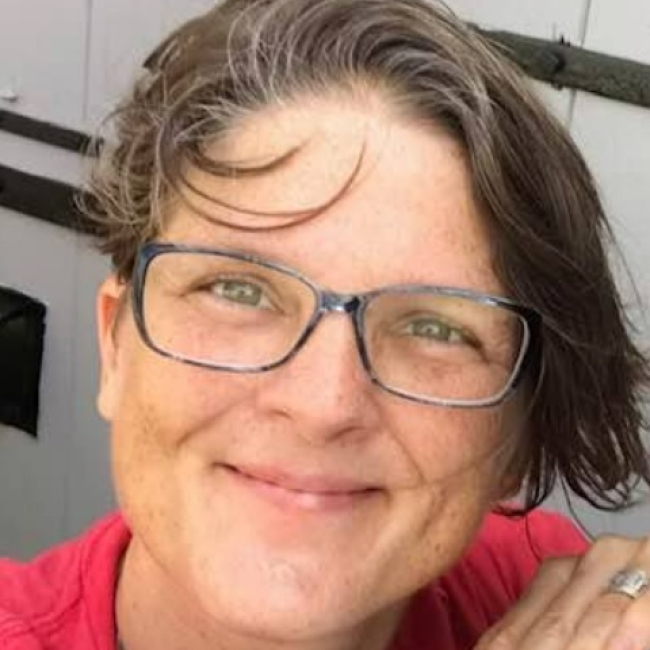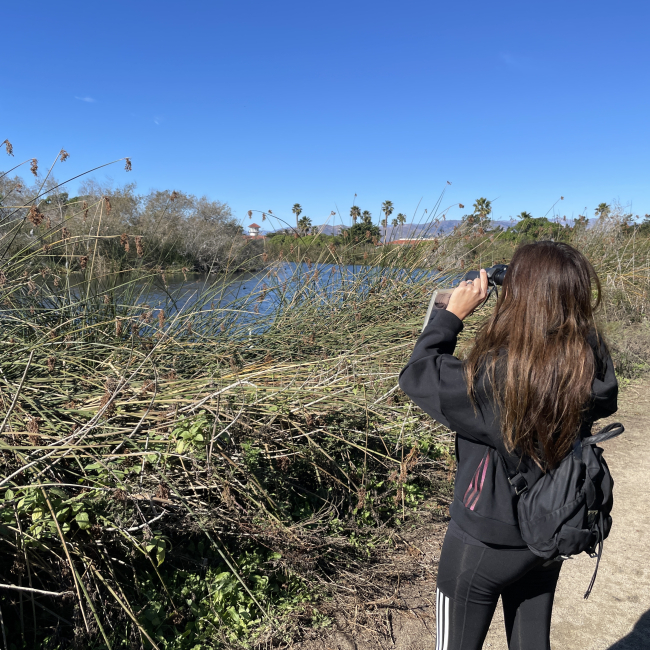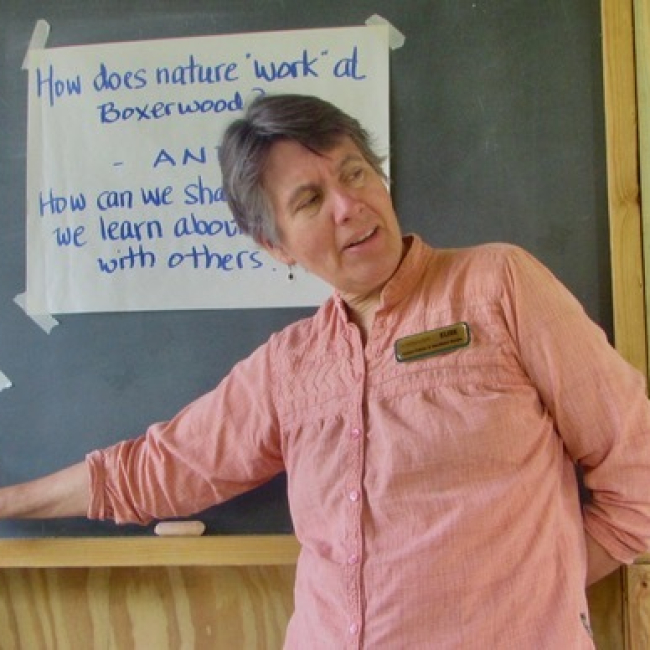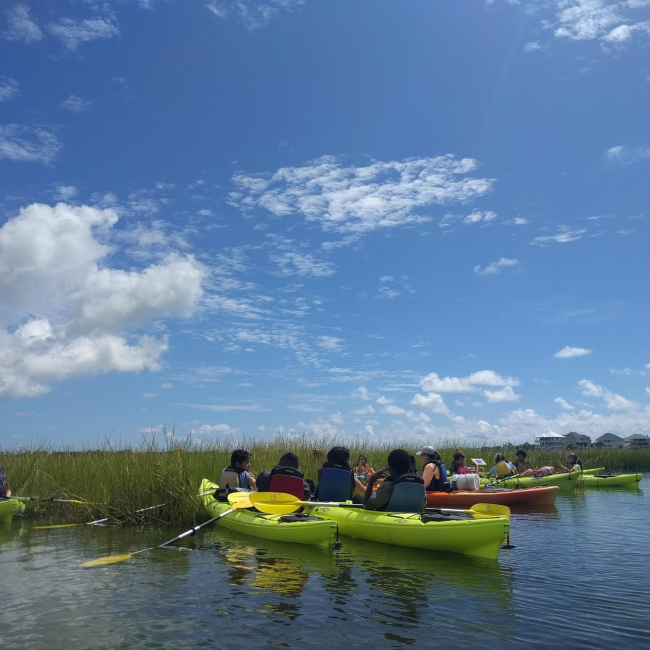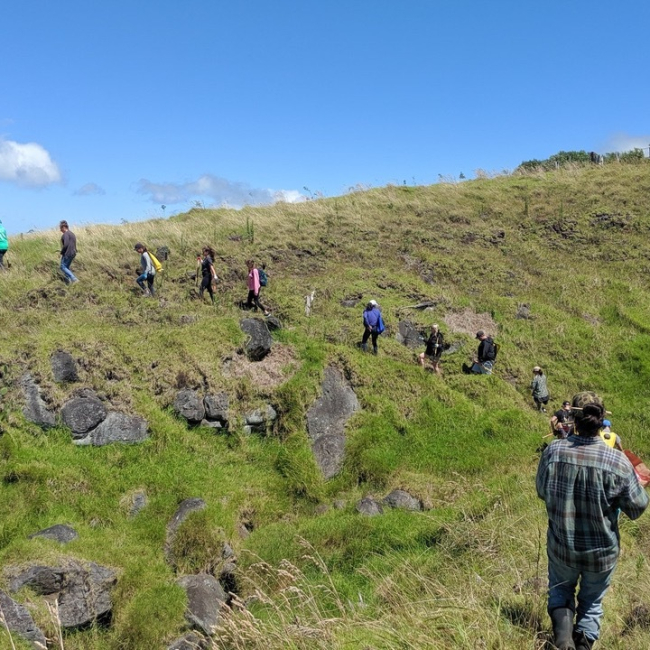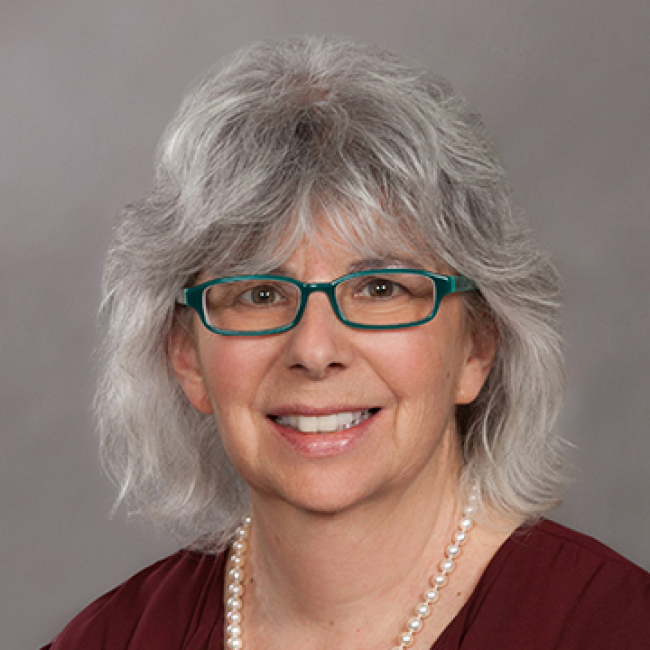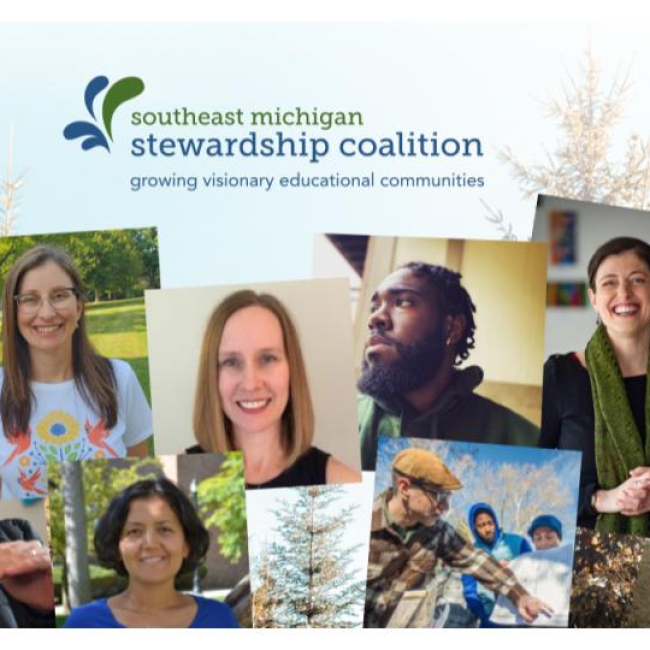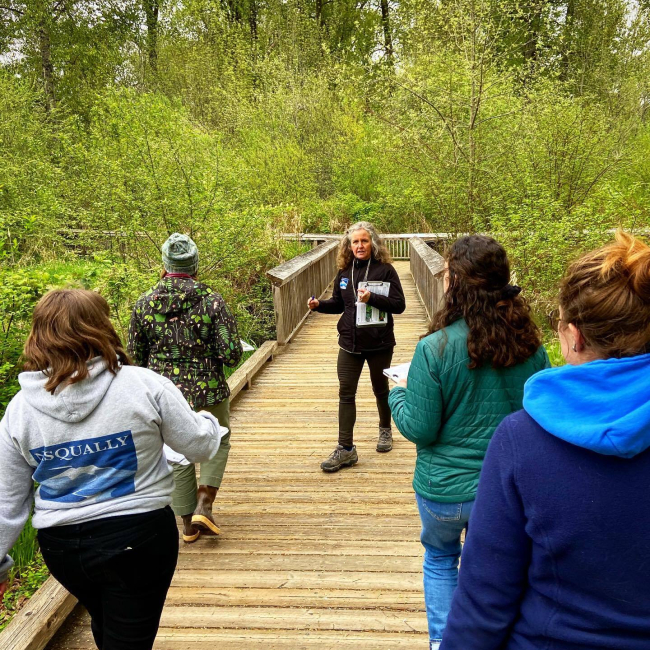
Joy Pires
Learning about the watershed has made me realize how there are many things we do in school alone that can affect it.
What is your current job?
I am a seventh grade science teacher at Broadview Middle School of Danbury Public Schools in Danbury, Connecticut.
Please share a meaningful experience you had during the NOAA Bay Watershed Education and Training (B-WET) project you participated in.
My experience with the B-WET program provided awareness of human environmental impacts to middle school-aged children. In this program, my colleagues and I took students to different areas that played an important role in the watersheds nearby, the Housatonic River and the Hudson River. One of the locations included a trip to the Shepaug Dam where students learned about the use of water for energy and how it distributes electricity to different areas in our community. In addition, students witnessed firsthand the negative impact of accumulated trash to this watershed, which made them consider different ideas to help solve the problem.
How has the B-WET program helped you grow personally and/or professionally?
After participating in this program, I have been more cognizant of my behaviors that can affect the environment. One example is the excessive use of water throughout the day and how I can minimize it. I wanted to share what I learned with my students, so I had them track the amount of water they used each day. To get a perspective, we compared the amount of water we used to filling a bathtub and were astonished to discover how much water goes to waste.
In what ways did participating in B-WET professional development and learning about the Meaningful Watershed Educational Experience (MWEE) framework change the way you teach?
Learning about the watershed has made me realize how there are many things we do in school alone that can affect it. This can be from looking at the amount of paper wasted to determining whether certain chemicals used in laboratory experiments are allowed to be poured down the sink. These are some scenarios I didn't consider seriously in the past, but have now shifted as I am more aware.
How has participating in MWEEs impacted your student participants or the community?
I think students have become more aware of their environmental impacts after participating in this program. On the last day, students completed a project that addressed how they can help their local watersheds. They presented their projects to their parents as well as university personnel.




